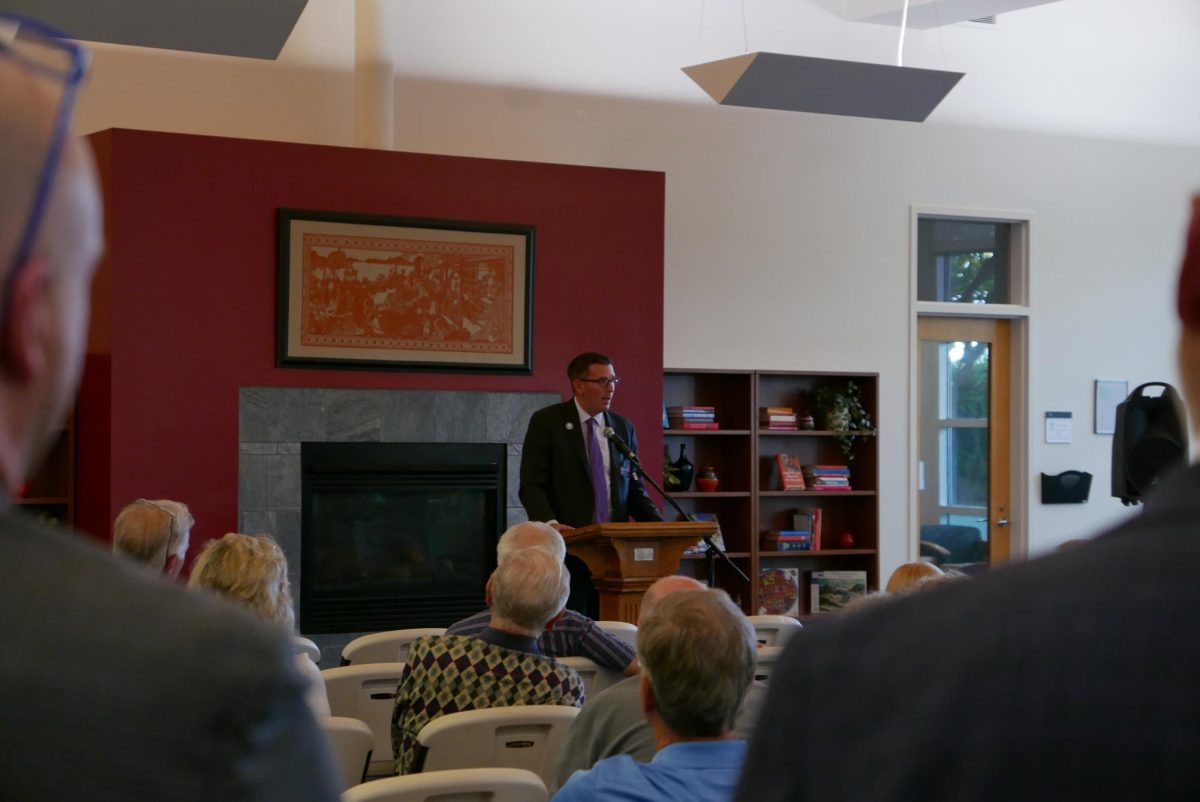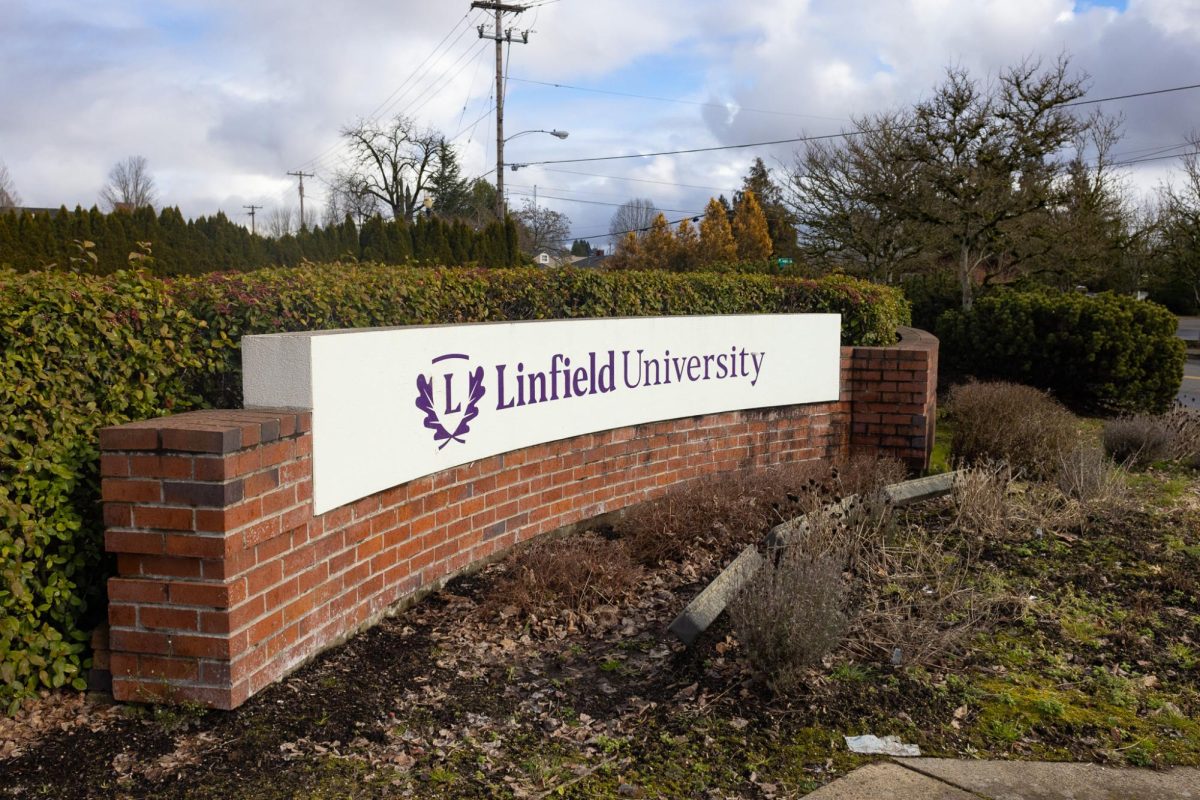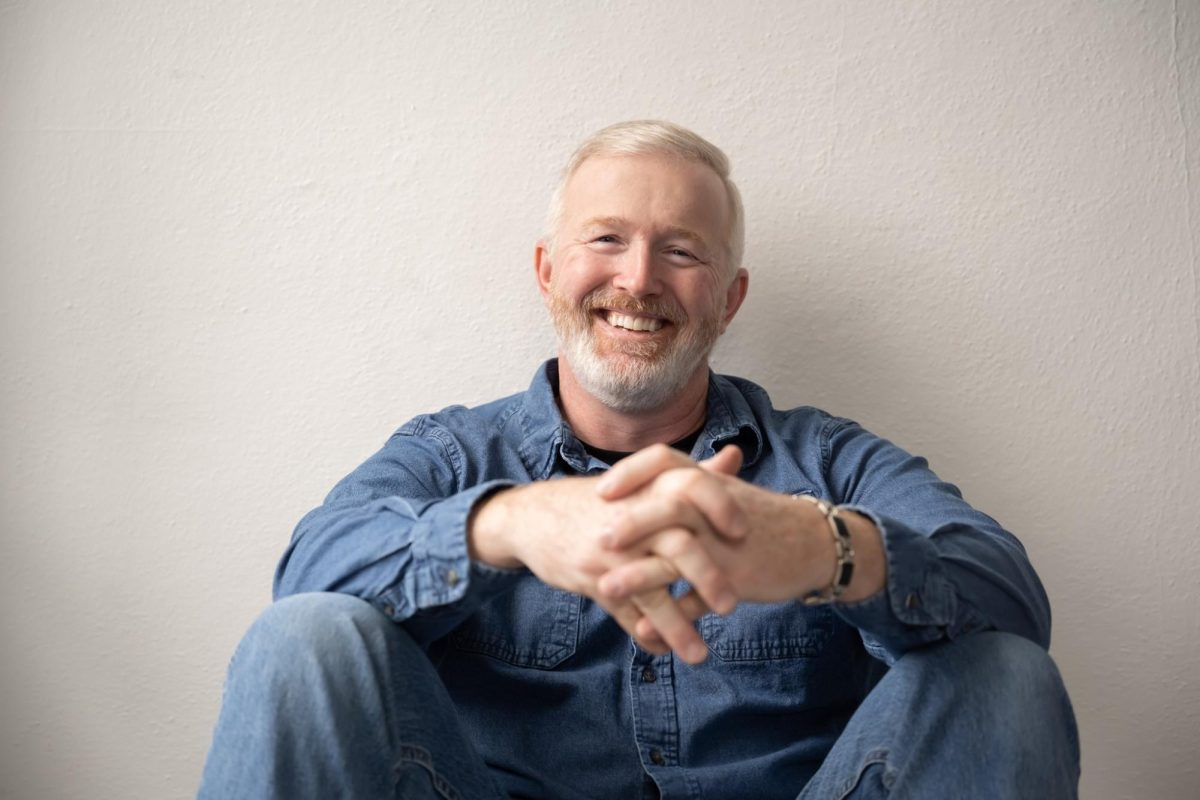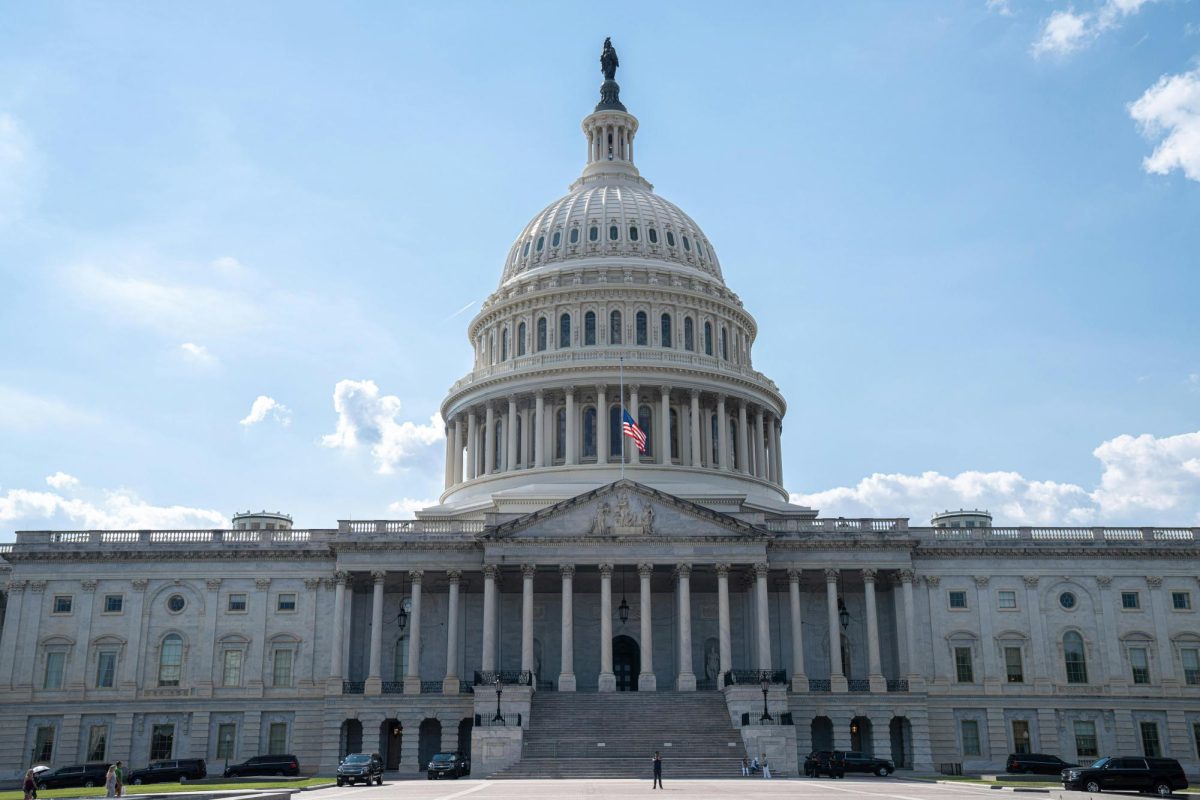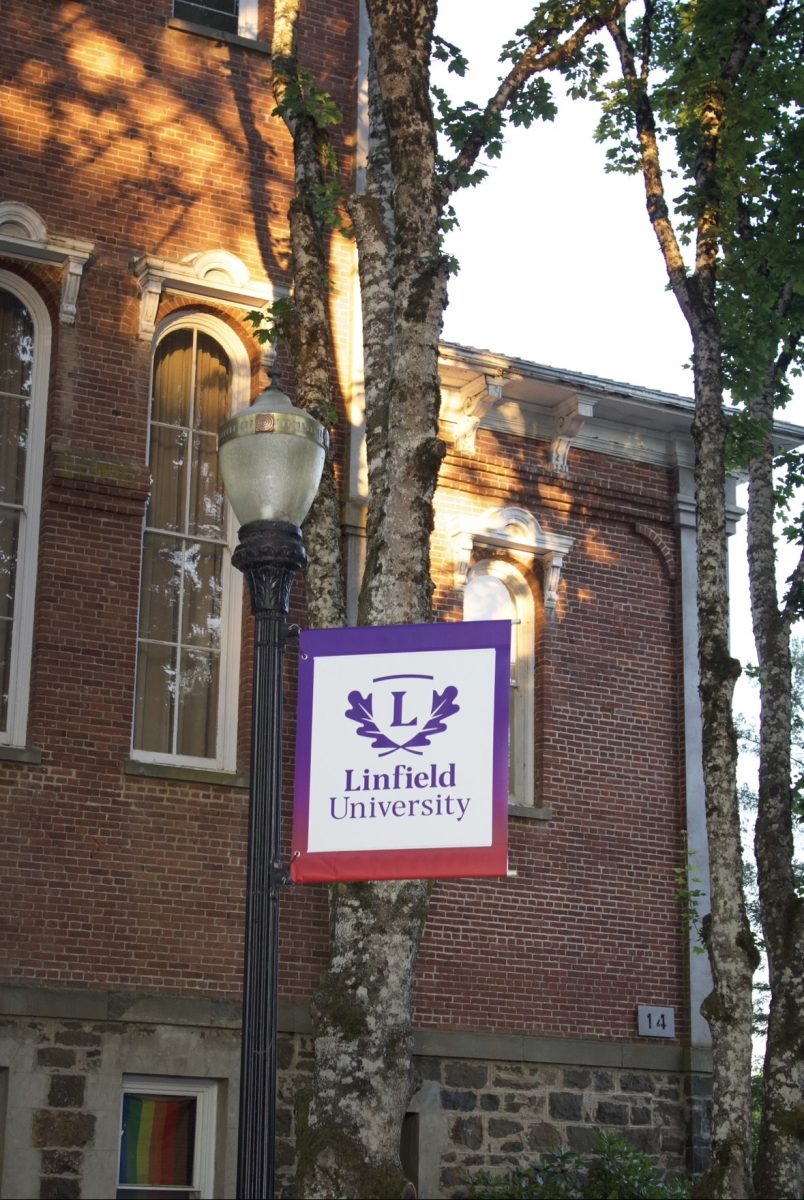Knowing the culture of a foreign country can save your life, according to the American government. In coming to this conclusion, the Central Intelligence Agency started recruiting anthropologists and anthropology students to work for the military.
David Price, an anthropology professor from Saint Martin’s University, spoke about his research of the “Weaponizing Anthropology” on April 24 in the Riley Center.
Focusing on ecological anthropology of the Middle East, Price developed his research around the topic of anthropologists’ uneasiness of working with the government.
Price’s lecture gave an overview of the historical relationship between anthropology, the U.S. government and intelligence agencies and how they’ve changed since 9/11.
In 1971, the anthropological community adopted its first code of ethics. Some of the guidelines listed in it were that there would be no secret research, no secret projects, and “your primary duty was to the people you were studying, not the agency that employed you.”
This code was later amended after the discovery of several anthropologists who were working for an investigation agency in Thailand.
“For reasons of commerce, the ethics code was transformed,” Price said. “When anthropologists worked for corporate settings, they had proprietary reports. They were studying consumer behaviors, and they didn’t want that type of information to get out.”
Jumping from background information, Price went on to explain how anthropology’s relationship with the government has changed after 9/11.
“More and more intelligence agencies were showing up on the bigger college campus,” Price said.
More than just putting agencies in the colleges, after 9/11, a group called the American Council of Trustees and Alumni, collected quotes from American professors that it labeled as un-American. Quotes included statements from Hugh Gusterson and Noam Chomsky.
Agencies started recruiting people who had lived in other countries and had experience with countries that the agencies were interested in, according to Price.
“They wanted to know about the Island of Truk in the Pacific, they wanted to find someone who lived in rural Japan and they wanted
to find out who spent time in Germany,” Price said.
The government was trying to use counterinsurgency to win the war after 9/11. The government wanted to use this cultural nuance to understand the culture of the countries that “they were conquer and control.”
By bringing in college students, the intelligence agencies were offering students money to pay for school, in exchange for working for their agencies. For every two years they received money, students were required to work during
that time.
Students are required to be studying in an area of interest.
The issue surrounding
these agencies giving
money was that students were not allowed to tell anyone about receiving this money.
“The students’ adviser wouldn’t know they were in the CIA, and the other students wouldn’t know that they were in the CIA,” Price said. “To me, the important thing is that programs are popping up when traditional funds are drying up.”
Recently, a new CIA center has popped up at the University of Washington. Price’s research has earned the attention of several University of Washington faculty, who are concerned that with his work being published, the students who are part of the agencies will be targeted when they are abroad.
Price argues that by not telling, more people would be interested in where these students are
receiving money.
Since the last modifications were made to the Anthropology Code of Ethics, the anthropological community has worked to amend it. Price was on the committee that worked on rewriting the code in 2007.
“We wrote that of course anthropologists can work for the government, but what they have to do is be aware of the ethical issues and particular things that happen,” Price said.
After attending McMinnville High School in 1978, Price later graduated from the undergrad program at Evergreen University.
He went to the University of Chicago to complete his master work, and then earned his doctorate at the University of Florida.
___________________________________________________________________________________________
Kaylyn Peterson/Sports editor

